Now that you have become more aware of the value of nutrition, you might start realizing just how vital the B vitamins are for your health. One vitamin, in particular, vitamin B3, also known as niacin, is a tremendous asset. Every part of you needs niacin to function.
Without niacin, your body won’t be able to work optimally. So, let’s answer the questions about what niacin is and why it is so important.
The Role of Niacin In The Body
Niacin is also known as vitamin B3 or niacinamide. The micronutrient is responsible for many reactions and functions within the body. As part of the vitamin B complex, alongside thiamin (vitamin B1) and riboflavin (vitamin B2), niacin works to maintain heart health and your metabolism. The vitamin also helps blood glucose levels find equilibrium, promotes healthy brain functioning, healthy skin, and even prevents or treats diabetes.
This doesn’t mean you can just load up on niacin, though. According to a few recent studies, supplementing niacin in high doses will create side effects, such as headaches, low blood pressure, and dizziness.
Benefits of Niacin
Despite the known side effects of too much niacin, getting the correct amount can be highly beneficial. Here are some reasons to supplement niacin:
1. Reduced Risk of Heart Disease
Since heart disease is the leading cause of death throughout the world, knowing various ways to reduce your risk of heart disease should always be prioritized. Well, here you have it: vitamin B3 has the power to reduce a dangerous hardening of the arteries, known as atherosclerosis, which is often the root cause of coronary heart disease.
Furthermore, those who may have already suffered a heart attack or who have heart disease can still benefit. Vitamin B3 will lower the chance of recurring cardiac arrest due to its effect on cholesterol and low-density lipoproteins.
2. Improved Cholesterol
Niacin has long been considered as a way to treat cholesterol levels. This is because it can positively affect those with mixed dyslipidemia, an elevation of triglycerides or plasma cholesterol, or both. Supplementation helps reduce the risk of both heart disease and stroke.
How does niacin do this? The vitamin can help boost your good HDL levels while lowering triglycerides just as effectively as prescription drugs. Plus, niacin reduces LDL cholesterol. That is why vitamin B3 is often prescribed together with cholesterol control medication like Crestor, Lipitor, and Lescol.
3. Improved Skin Health
Niacinamide or niacin can treat acne and skin inflammation. Often, you can find niacinamide in natural skincare ingredients or topical creams and ointments for those with skin rashes or acne. For those who don’t want to use topical medications, a niacin supplement reduces symptoms just as well.
As an anti-inflammatory, niacin is also used to reduce flare-ups, redness, irritation, and other skin conditions, such as granuloma annulare and bullous pemphigoid. These two conditions cause the skin to painfully blister, leading to a heightened risk of infection.
4. Regulated Blood Glucose
For those with pre-diabetes or type 2 diabetes, niacin can help. The micronutrient can balance blood glucose, the sugar in your blood, when it takes the form of niacinamide. It does this by enhancing the functioning of the beta cell whose function is to create insulin. This helps diabetic patients to control their blood sugar levels better.
Since people with diabetes are at risk of high cholesterol and heart disease, niacin is all the more advantageous.
However, it is important to mention that some research is suggesting that vitamin B3 might also cause complications. Sometimes, those with chronic high blood sugar will see their levels rise instead of fall. Be sure to talk to your doctor if you have naturally high blood glucose.
5. Enhanced Joint Health
Vitamin B3 may be able to improve joint mobility in those with osteoarthritis or other bone and joint aches and pains. The anti-inflammatory effects of niacinamide work wonders in reducing the swelling in the affected joints. Supplementing with niacin also helps cut back on the number of prescription painkillers that you have to take.
Other Benefits of Niacin
Aside from those five benefits, niacin is credited to helping with cognitive function and brain health. Studies are linking niacin to healthier brains and the prevention of neurodegenerative disorders like Alzheimer’s and schizophrenia. Some research has hinted to niacin affecting depression, bipolar disorder, and other mental illnesses in a positive way.
You also need niacin, for it is essential. Without enough vitamin B3 in your system, you could develop pellagra, a disorder that causes weakness, inflammation, skin irritation, and digestive disorders.
Those with erectile dysfunction could also benefit from more niacin. If a lack of blood flow causes the condition, niacin is often used, because it acts as a vasodilator. About 1,500 mg of niacin daily has been shown to improve the sexual function of men with impotence.
Best Foods With Niacin
There are many foods available in the grocery store that are loaded with niacin, so getting enough won’t be too challenging with a balanced diet. After all, it is always best to get macronutrients and micronutrients from food sources first before supplementation.
Here are the top 10 niacin-rich foods to add to your diet:
- Chicken
- Tuna
- Salmon
- Grass-Fed Beef
- Sunflower Seeds
- Brown Rice
- Mushrooms
- Avocado
- Sweet Potatoes
- Asparagus
Regardless of your diet, you can find foods that are rich in vitamin B3. Animal-based foods are the richest, containing about 5-10 mg of niacin per serving. Meanwhile, plant-based foods, such as legumes, grains, and nuts, contain a little less, around 2-5 mg per serving. However, any vitamin B3 that naturally occurs in plant-based foods is about 30 percent bioavailable. This means it can be challenging to get the required amount of niacin in a plant-based diet without supplementation.
How Much Niacin Should You Take?
The USDA states that the recommended daily allowances for niacin are as follows:
- Children 7-12 months old need 4 mg
- Children 1-3 years old need 6 mg
- Children 4-8 years need 8 mg
- Adolescents need 12-14 mg for females, 12-16 mg for males
- Young adults 19+ years need 14 mg for females, and 16 mg for males
- Lactating women need 17 mg
- Pregnant women need 18 mg
- Maximum daily intake for adults is 35 mg per day
It is important to note that the amount of niacin everyone needs is different. Depending on your weight, gender, age, and lifestyle, you may need more or less than the RDA. For instance, those who are prescribed niacin pills to manage cholesterol will have a higher intake throughout the day than someone who is not on the medication.
Furthermore, being that niacin is a water-soluble vitamin, it will be excreted through urine. If you are sweating often and profusely, you will need to replenish your body’s niacin levels every single day.
Wrapping It Up
So, how much impact does niacin have on your health? A huge one. Without niacin, you could get terribly ill. Even if you think you are eating enough niacin-rich foods, you might want to supplement once and awhile to make sure your vitamin B3 levels are high enough.
Now that you know more about niacin, what else are you curious about? Let us know what you want to read about next on our Facebook page, and don’t forget to follow us for more news and updates!
The post What Is Niacin And How Does It Impact My Health? appeared first on Gaspari Nutrition.



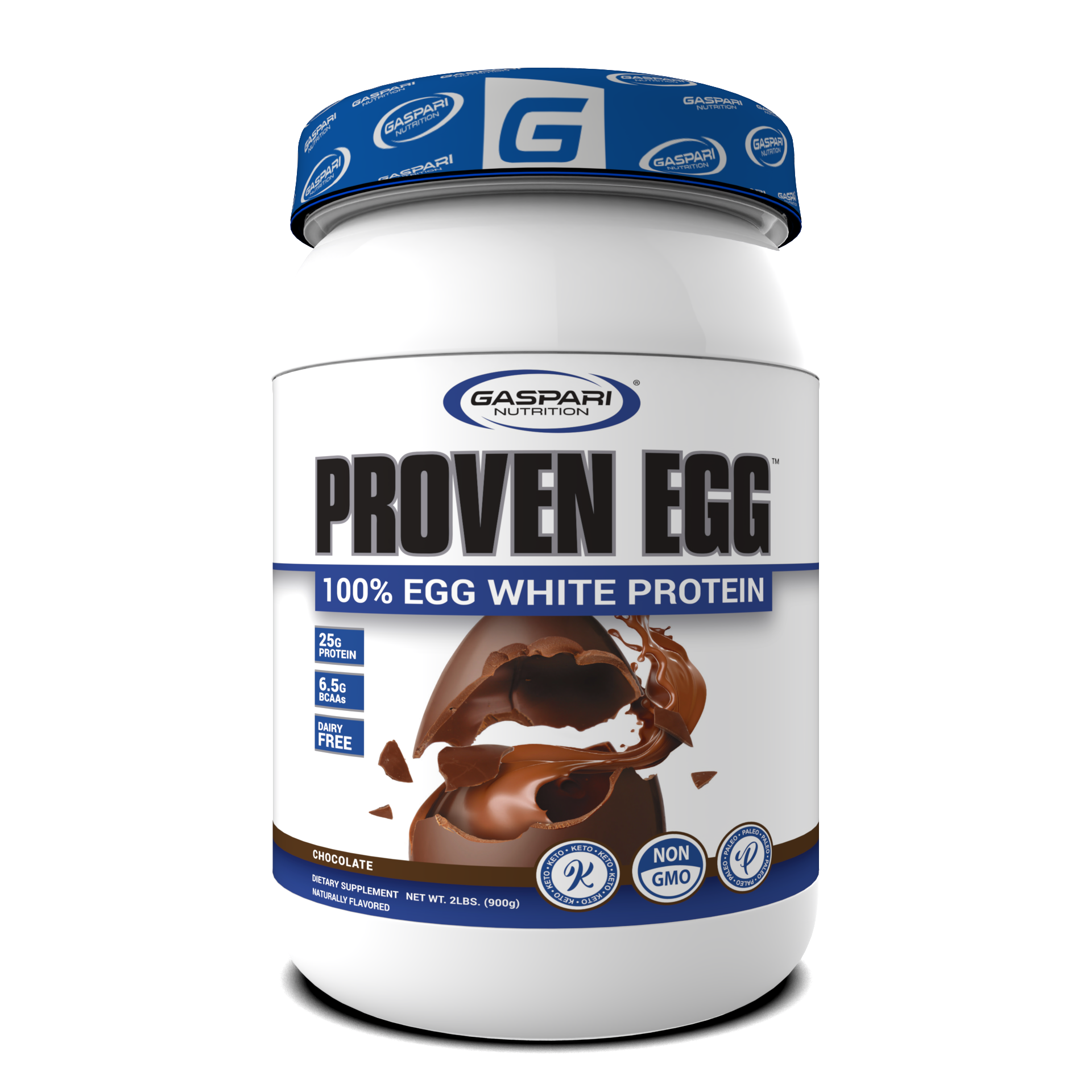



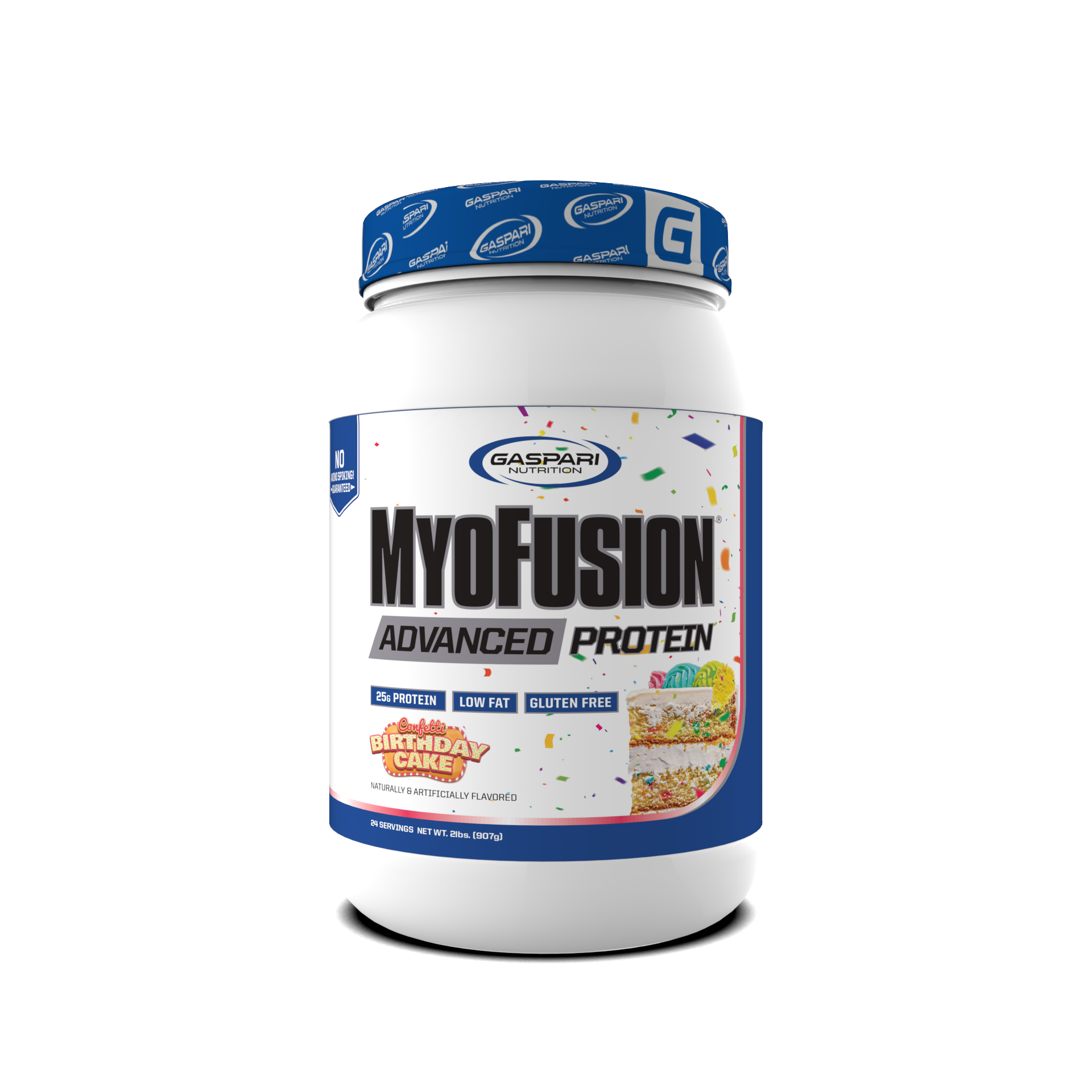



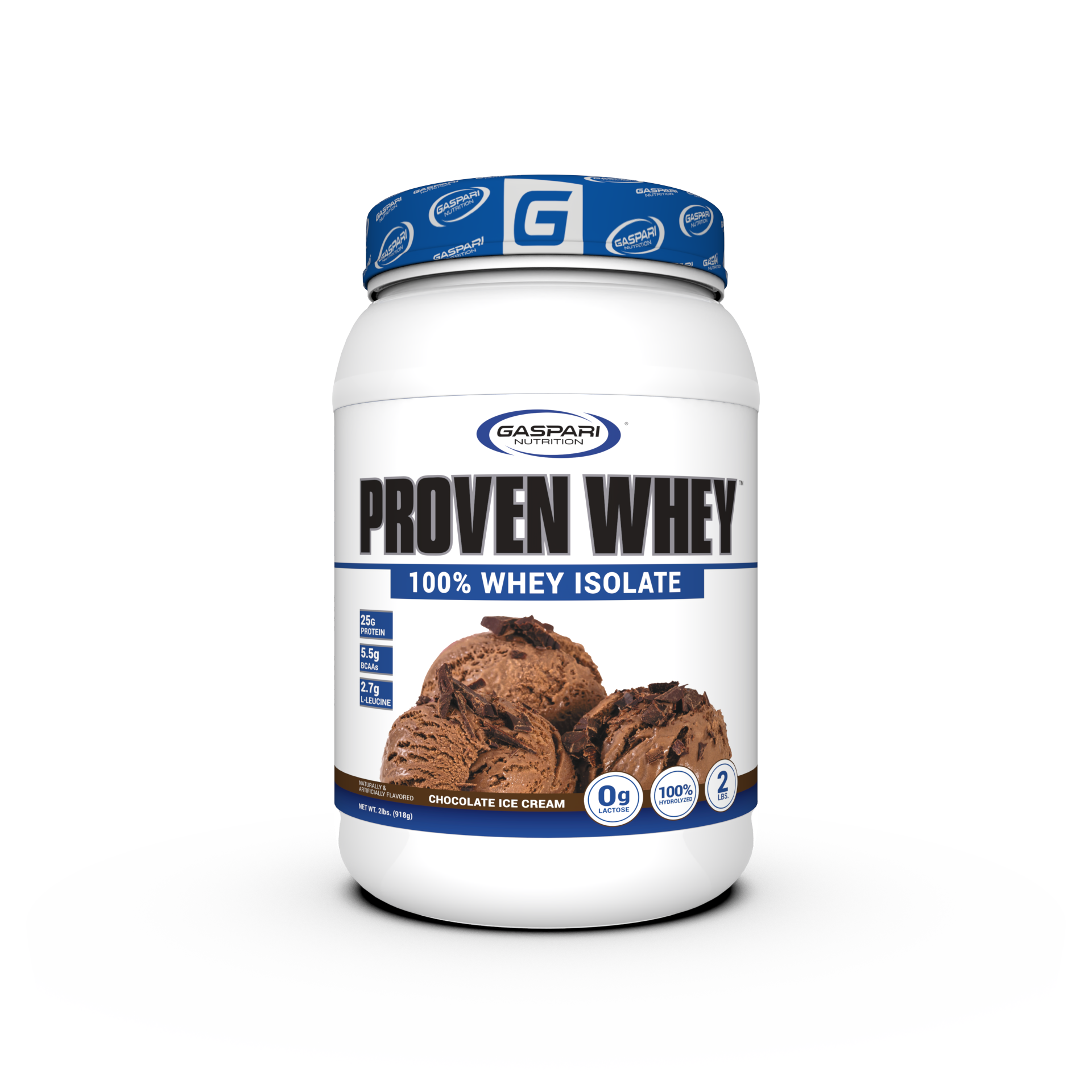




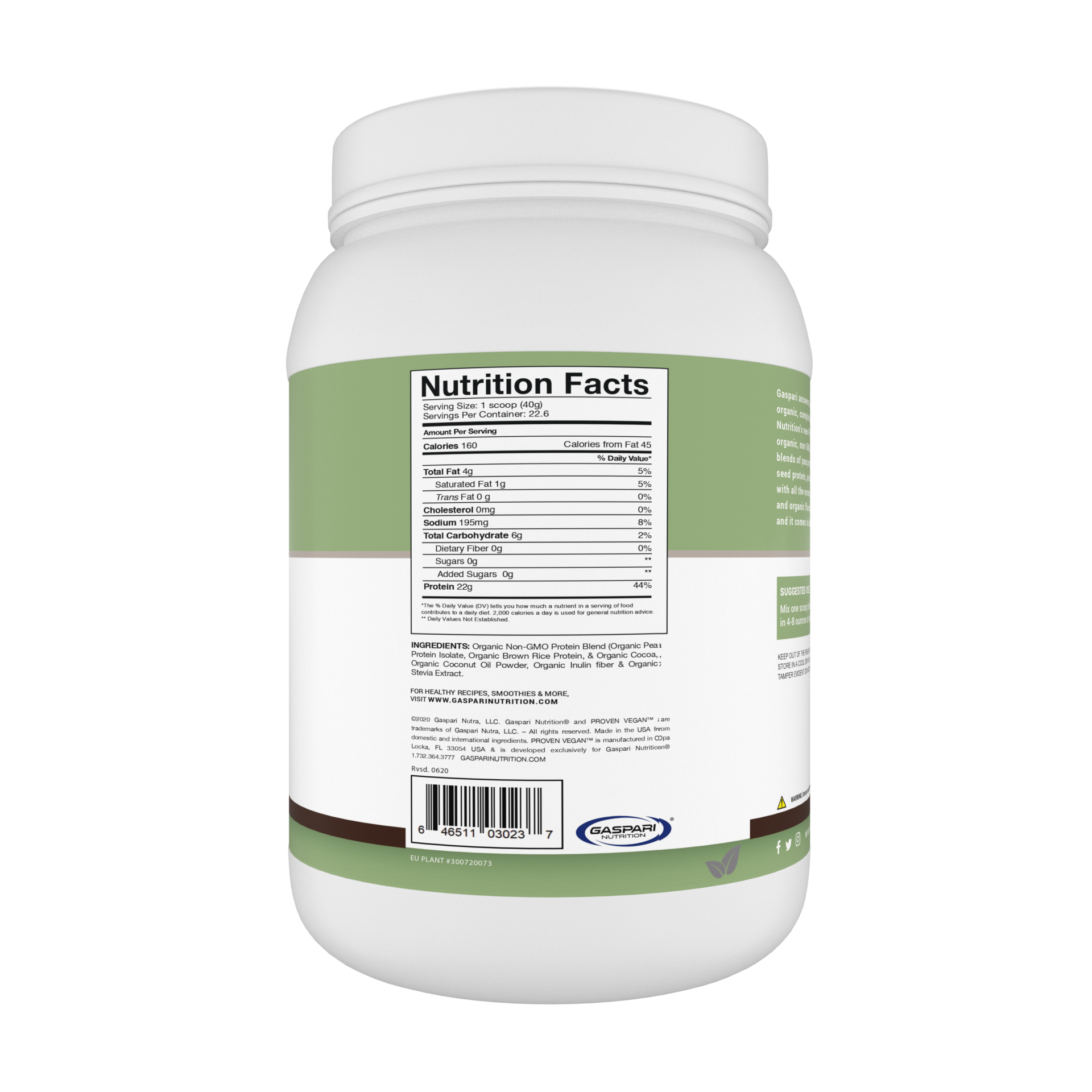






















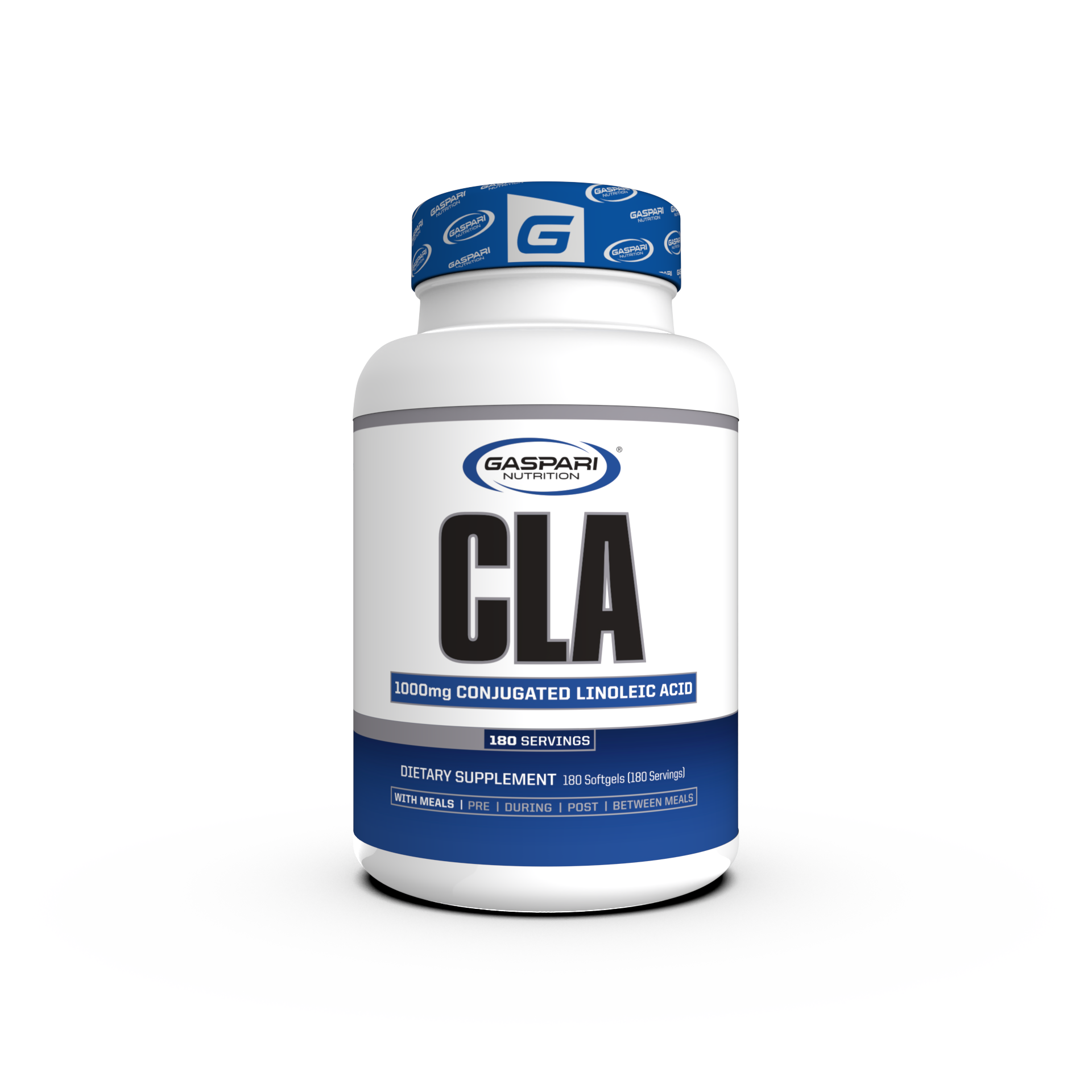



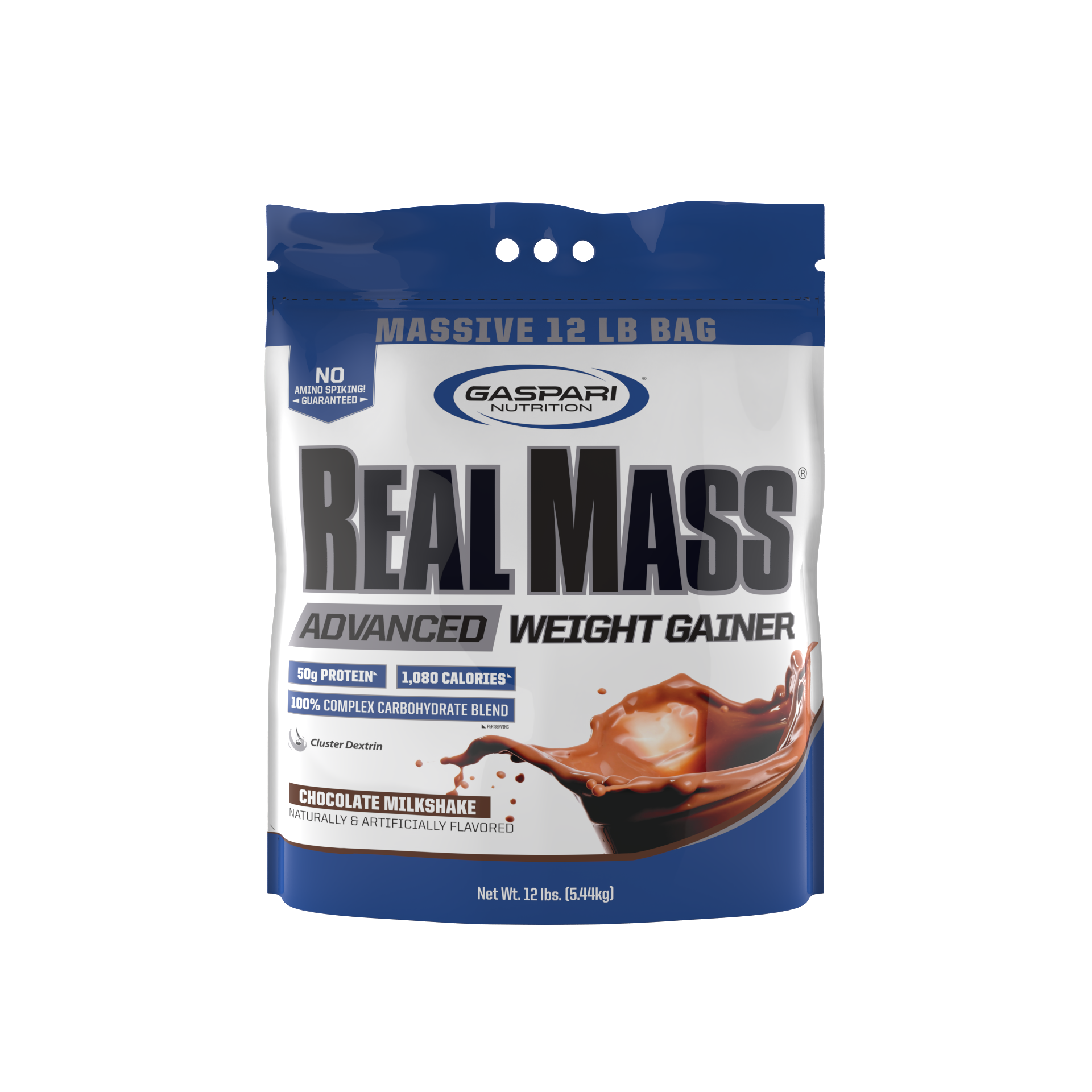











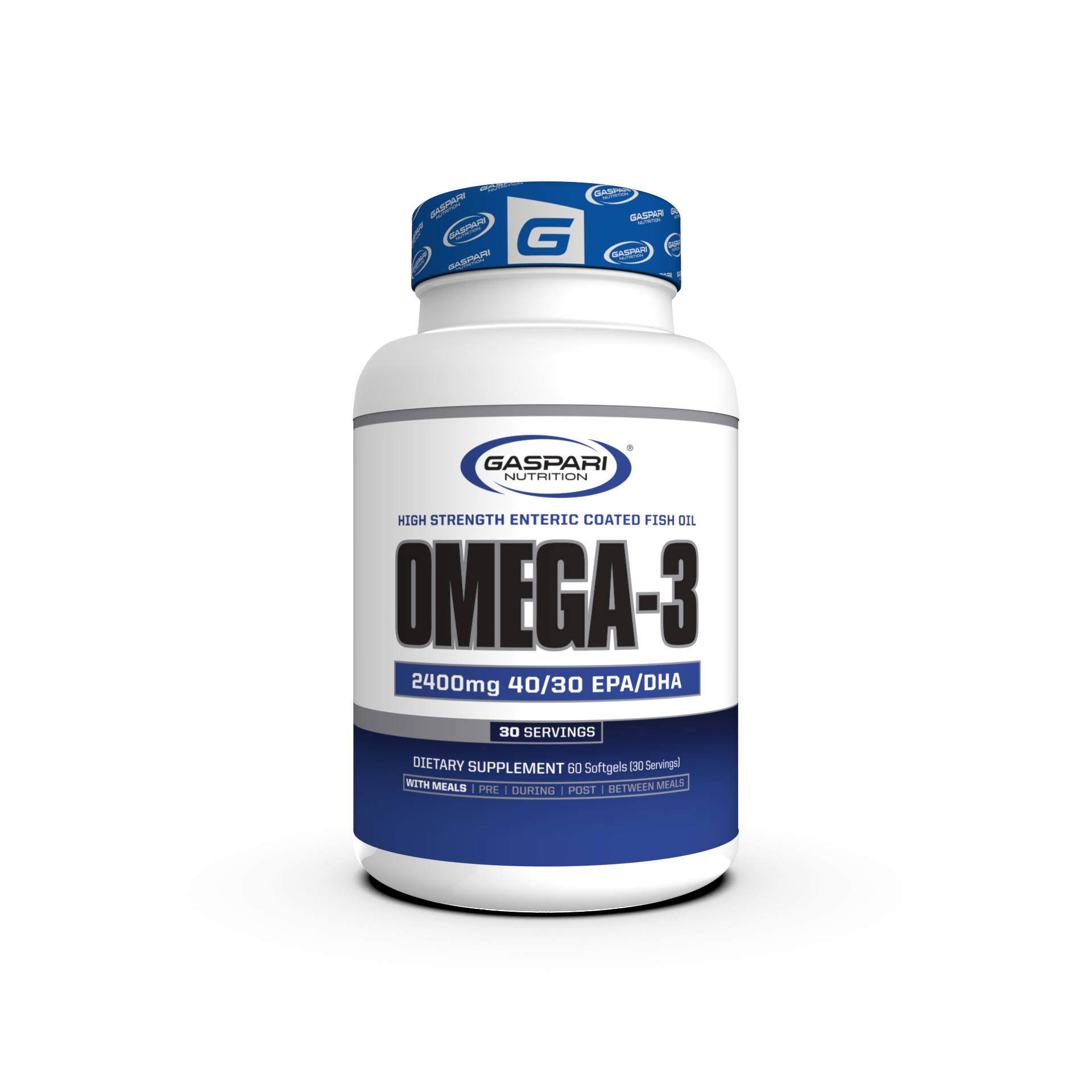



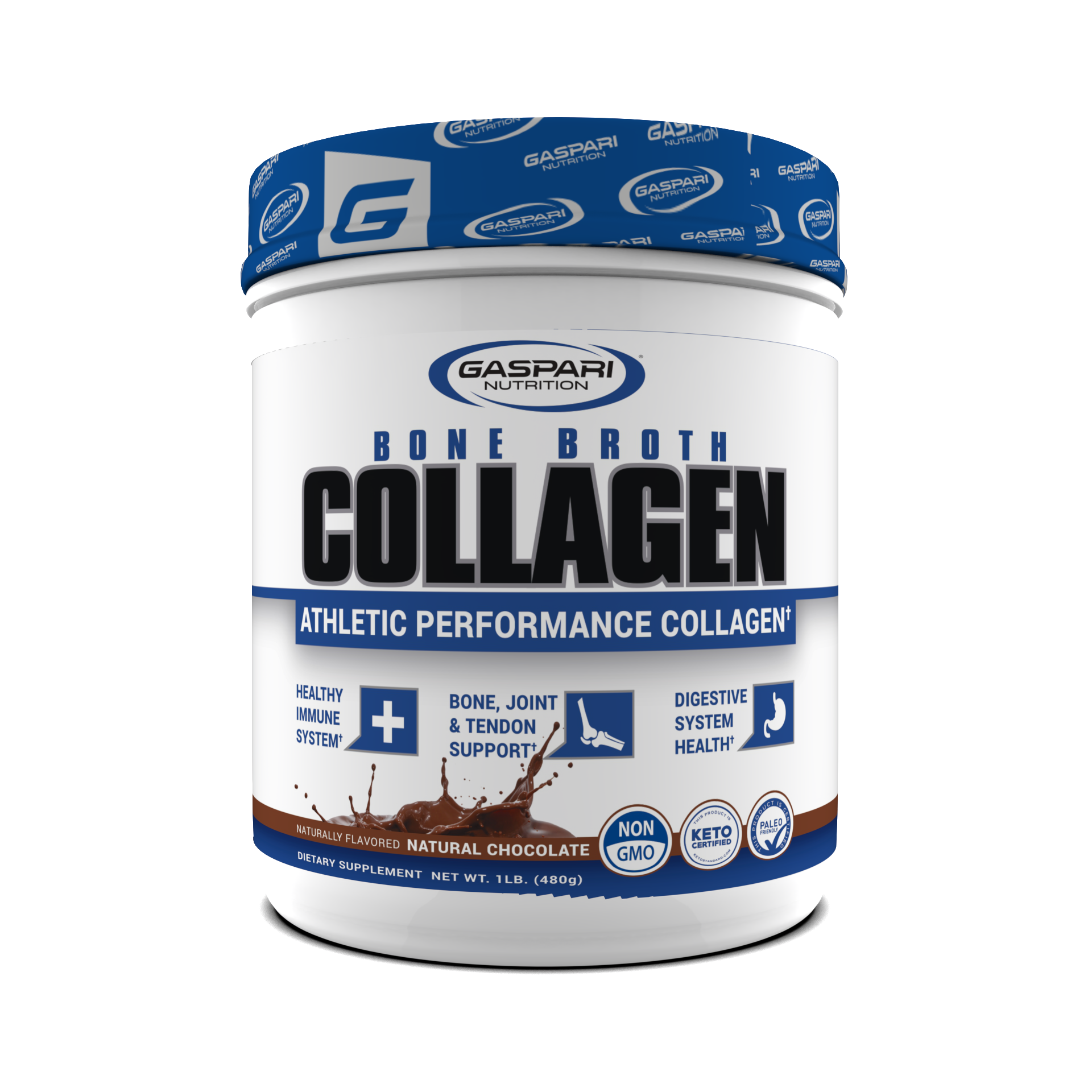



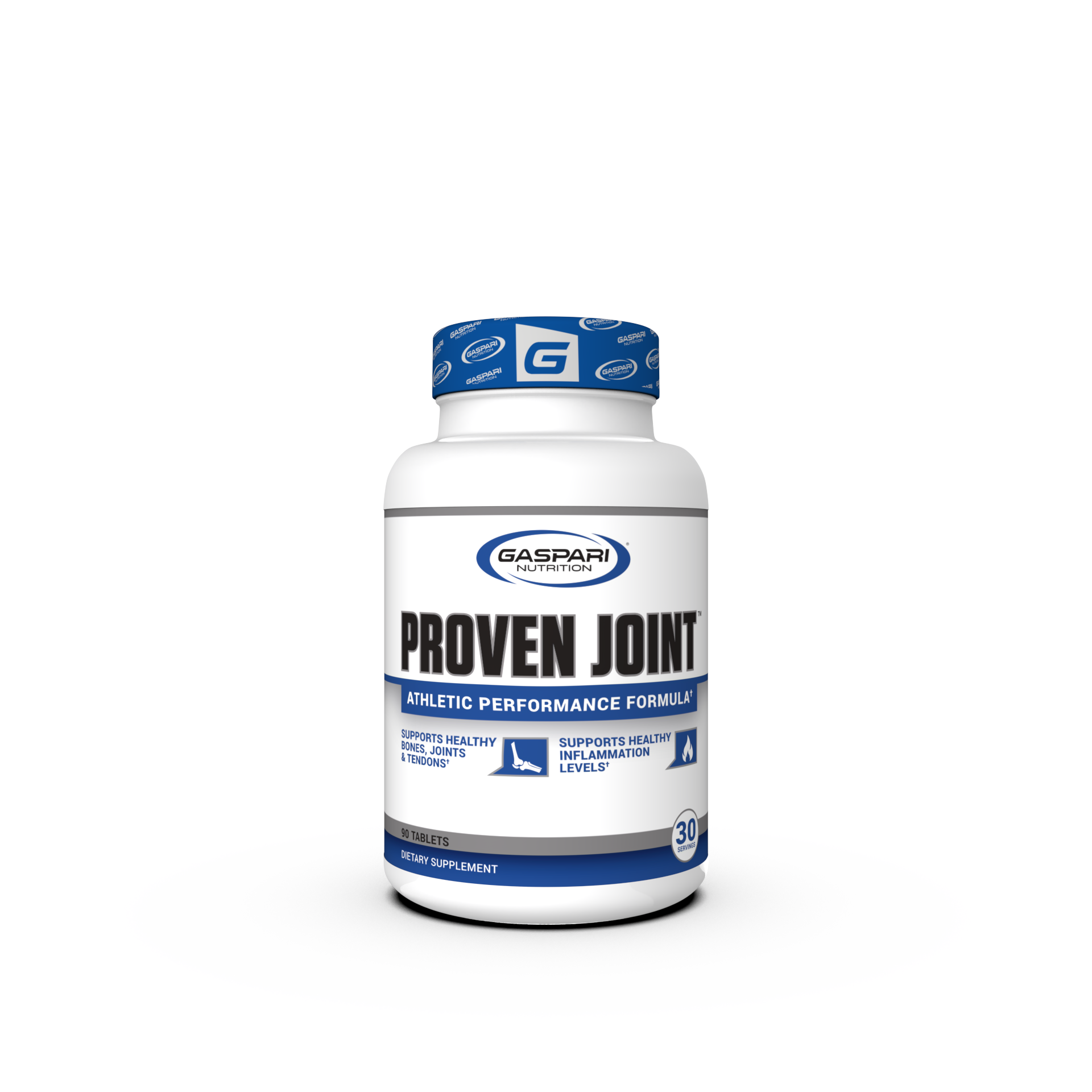











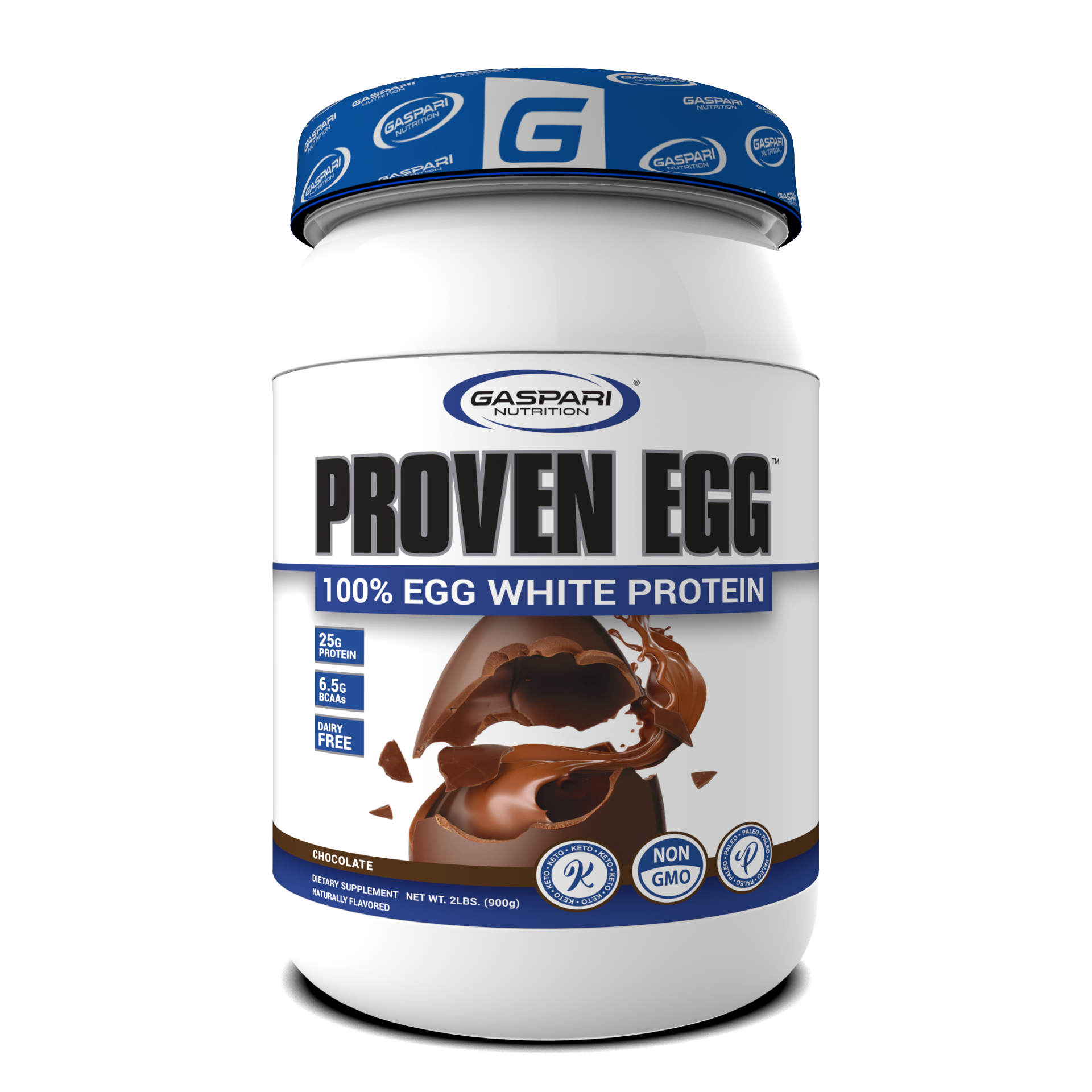

Share:
What Is Nitric Oxide And How Can It Affect Athletic Performance?
L-Leucine And Its Powerful Benefits